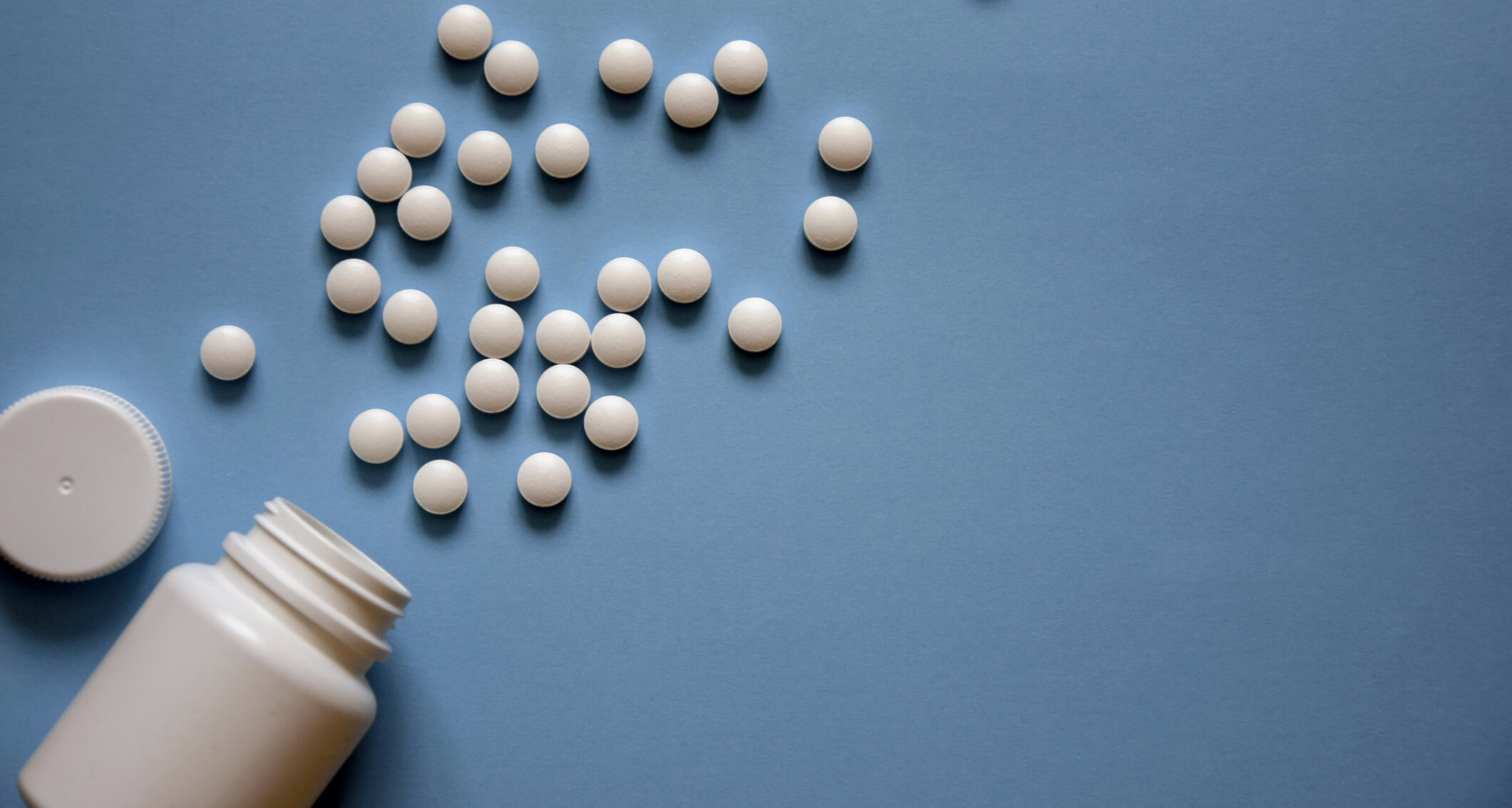This week at Colorado Academy, substance abuse experts from the Soundcheck Prevention Network spoke to Seventh, Eighth, Ninth, and Eleventh Graders as part of our health and wellness programs. When I was in high school, it was the era of Nancy Reagan’s “Just Say No” campaign. Today’s experts employ a less moralistic and more evidence-based approach to help young people understand the dangers of drug and alcohol use.
Last year, over 100,000 people died from overdose, with teens accounting for the largest number of deaths. As the flow of fentanyl into the United States surges, the risk for teens is higher than ever—particularly when it is evident that dealers are putting this highly deadly compound into other drugs. There are numerous media reports of fentanyl being manufactured into fake Adderal and Percocet pills, or adulterating cocaine and even marijuana. We know unsuspecting young teenagers have died, thinking they were taking a prescription drug and not one tainted with fentanyl. These stories are just heartbreaking, and it’s stunning that in the midst of an opioid crisis, more has not been done at a national level.
As one expert has noted, “Teenage drug use is becoming more dangerous and not more common.” Usage rates went down during the pandemic. Still, we know that teenagers have been experimenting with drug use since the 1960s, and this trend, particularly in an era of marijuana legalization and growing calls for decriminalization, is not going away any time soon. On top of this, we are experiencing a national mental health crisis among young people, in which adolescents might turn to drugs to self-medicate.
Thus, it is important for parents to have open conversations with children about drug use and to think about what kind of behavior they are modeling. These conversations have to go beyond telling young people to “just say no,” to delving into the science of the drugs and the realities of today’s world.
One thing the experts will tell you is that a lecture will not change behaviors or discourage experimentation. It takes honest, authentic conversations. It means ensuring that your children know they can come to you with their questions and concerns. It also involves talking about addiction. And, while this blog is about drug use, let’s remember that alcohol is a dangerous drug, and teenage brains can develop an addiction far faster than they realize. We also want to ensure that all of our families and students know that our counseling staff is always ready to support a student who may be concerned about themselves or others. It takes a whole community working together to keep us all safe. Let’s be on the lookout for ourselves and one another.
